Last Updated on August 2, 2021

David Ayer is probably best known as the former U.S. Navy sailor who broke onto the scene with his screenplay for TRAINING DAY, the film that won Denzel Washington a Best Actor Oscar for his portrayal as a nefarious L.A. police officer. Since then, Ayer has cultivated a reputation as a writer-director of intense urban thrillers; his directorial credits include HARSH TIMES, STREET KINGS and END OF WATCH, all films that depict the streets as chaotic war zones where the cops and gangsters aren’t so easily split up into “heroes” and “villains.”
His latest project brings him into a different kind of war zone, a much more traditional one. FURY takes place at the end of World War II; as the Nazi Empire crumbles, the 2nd Armored Division of the U.S. army makes their final push through Germany to eradicate the remaining Nazis. We follow the crew of the Sherman tank “Fury,” led by a battle-hardened sergeant (Brad Pitt), as seen through the eyes of the youngest, newest member of the crew, Norman Ellison (Logan Lerman).
I spoke to Ayer about switching gears, from the mean streets of L.A. to the fields and valleys of Germany; the boot camp the actors went through, working with Brad PItt and Shia LaBeouf (are those strange rumors about him true?) and working with those real-deal tanks. (I also ask about that SUICIDE SQUAD rumor everyone’s been talking about.)

How long has FURY been with you, how long has it been a story you wanted to tell?
I wanted to do a World War II movie for a really long time. Both of my grandfolks were in the war, my uncle… I was in the service. It’s just been a shadow over my family for a while. These guys just don’t talk about it, it’s a generation that doesn’t talk about it, so it’s like, okay, what happened? I did as much research as possible, and I really started being compelled by the tanks; they really won that war. And no one has really told that story, which is surprising because there are so many war movies. No one has really done a story about a tank crew. The movie evolved, for me, into a snapshot of a family, it’s family that just happens to live in a tank and kill people. The best way to tell that story was through the eyes of this character, Logan Lerman’s character, who’s kind of having the worst first day at school ever.
Obviously you’re known for your gritty urban crime dramas; was there a yearning on your part to do something different?
Yes. I wanted to do something that wasn’t cops, I wanted to get out of that because you can get typecast pretty easily. “Oh, this guy can only do cop movies, this guy can only do shaky cam.” It was nice to tell a bigger story, it was nice to do a period movie. Any asset on camera has to be sewn, fabricated, built, painted, sourced, aged. So it was kind of a huge lesson in visual storytelling, where every decision about what’s on screen has such a strong impact, because you’re not just grabbing a camera and running around downtown. And then to slow down and use film, these beautiful lenses and this wide frame and actually just photograph it in a more thoughtful, composed way. I don’t know how to explain it, but it just really created some new muscles as far as directing and storytelling go.
It’s a very sort of classic story, traditional.
Yeah, it’s super old-school. Like, storywise, it’s a throwback movie in a lot of ways. There’s not all this psychological naval-gazing by these characters, they’re really playing men of the time, they just did their duty and were very stoic about it, albeit everyone is processing the war in their own manner, it’s kind of about that too. It’s the story of live PTSD, and the brotherhood and closeness of these dudes. They love each other like brothers and they fight like brothers. No one can hurt you like family.

Talk about the casting, where all these guys your first choices?
Yeah. All these guys- I mean, Brad, I never thought he’d want to do it, but someone slipped him the script and he just went nuts for it. The idea of this submersive environment, it was like the more miserable it got the happier he’d become. He became one of the guys; he’s a superstar, but there’s no star baggage, there’s no entourage, there’s no bullshit. At the end of the day, he’s just guy from the midwest who is really into his family, really into working hard. At the same time, he’s the leader of the tank, and he kept his distance from the other guys to keep that military relationship alive.
I was going to ask if that dynamic played out behind the scenes.
Yeah, he always knew he had to be a little more remote. The other guys, they’re like the brothers, and he’s like the big brother. He had to have that distance because he knew when he spoke to them and asked something of them, it would have that impact, it would feel like a senior sergeant. That’s the thing, this is a study in that relationship, it’s a study in those dynamics.
How about Shia, are the rumors true about him going all method on set?
The crazy Shia rumors are always fun. But at the end of the day – I mean, he embedded with a National Guard unit, doing field exercises. He shadowed a U.S. Army chaplain and learned scripture, learned ministry, really got to understand the spiritual lives of soldiers of faith. Incredibly generous with his time, because you usually don’t get guys who give you so much time during prep, so that’s the real story. As far as everything else, to me it’s just a guy who used to be a child actor who is the real deal. He’s like, “Okay, I don’t want to be known as that anymore, so I’m going to light my past on fire in a public way.”
He gives a very emotional performance. You see the war effecting this character in a really deep way.
He’s the heart, the heart of this crew. He’s been brutalized by the war, and you feel the pain these guys are in, the pain and anger. That’s what this movie is about, it’s this family in the harshest of circumstances, and they still love each other, they still hate each other.

I assume there was an intense boot camp experience for the guys before the movie went into production.
Yeah, we did a boot camp, it was run by some Navy SEALS. It’s like evil psychiatry, it’s about breaking them down and building them up. At the end of it, when they graduated, their energy was totally different because they had gone through this insane experience together. I was jealous, because I was now an outsider, I hadn’t gone through it with them. We did a rehearsal right after that, and it was fucking amazing, they were on fire. On fire in a very internal, subtle, beautiful way.
What about the tanks, these things look like the genuine article. How many of them have actually been in the thick of it?
Yeah, they’re all Sherman tanks. I’m sure somebody has run all the numbers to get the histories from them. It was nerve-racking to run these 70-year-old antiques; you have a 30-ton vehicle you’re handing to these actors and saying, “Here guys, go for it, drive it around.” But Michael [Pena] learned how to drive it, Mike became a really good driver. If I needed the tank to hit a mark for camera, I’d ask Mike. It’s crazy, but he became really good at it, and it’s really dangerous. There’s no mercy with those tracks, if you got your jacket caught on those tracks they will suck you right in.
Violence is going to be a part of any war movie, obviously, so what was your approach to it here? The film has some fairly upsetting bursts of it.
I just wanted to show the danger these guys were in. It’s drama 101, you create characters you care about and then put them in danger, and you’ve got to show the danger to do that. I don’t think there are any illusions about what war can do to the heart and what it can do to the body, and I wanted to show a bit of that. It’s like this blue collar job, you go punch in and you work hard, you have your safety equipment, and you’re harvesting death. It’s brutal.
Most of the special effects looked practical.
Yeah, we tried to do as much stuff in-camera as possible. The tracer enhancements and things like that we did in post, but nothing beats on-set physics. You can shoot a plate and go back to post and everyone will say, “Well, I think it will look like this.” But you get an interactivity and this live quality when you do it for real, you can replicate it with a computer.
I really enjoyed Steven Price’s score; it’s very eerie and haunting. Talk about getting him involved.
Steven was a great collaborator. We talked about this idea that it’s apocalyptic. This country falling, being invaded – because we’re the invaders, the war is over and we’re the invaders. This totalitarian, almost tribal way of thinking, we wanted to feel the voice of this thing, this dying animal. A lot of the chants are actually verses from the German Lutheran Bible, being read by a chorus, all these apocalyptic Bible verses, it’s pretty intense stuff. There is also a lot of sampling of weapons and tank sounds mixed into it. It’s a big score, and I wanted to make an epic movie with epic music, epic visuals. Steven really enhanced it, that dude’s a rock star.
Do you know what your follow-up project is?
I’m just checking the want ads, seeing what’s out there.
Is the SUICIDE SQUAD movie happening with you directing, as has been rumored?
I’d ask Warner Bros. about that. I can’t confirm anything, so…
Would that be a project you’d be interested in?
I’d be down for anything.
Not going to give me anything more, huh?
I’d be down for anything. [Laughs]






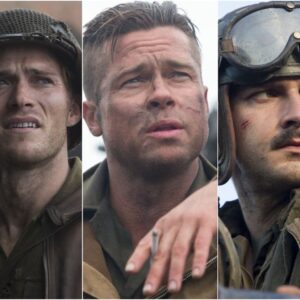
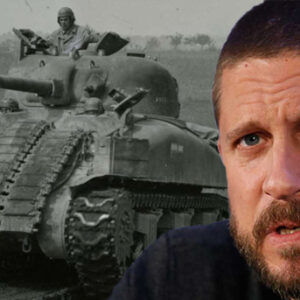

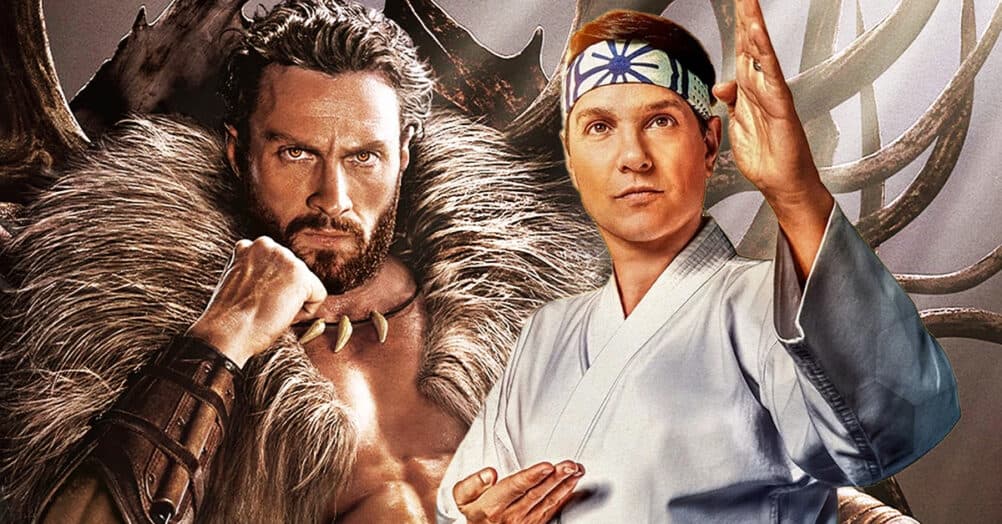
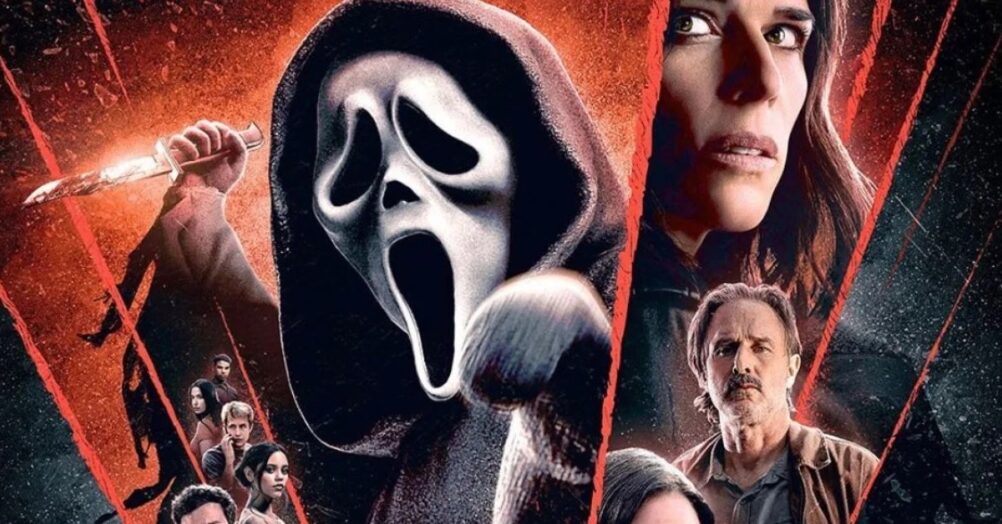
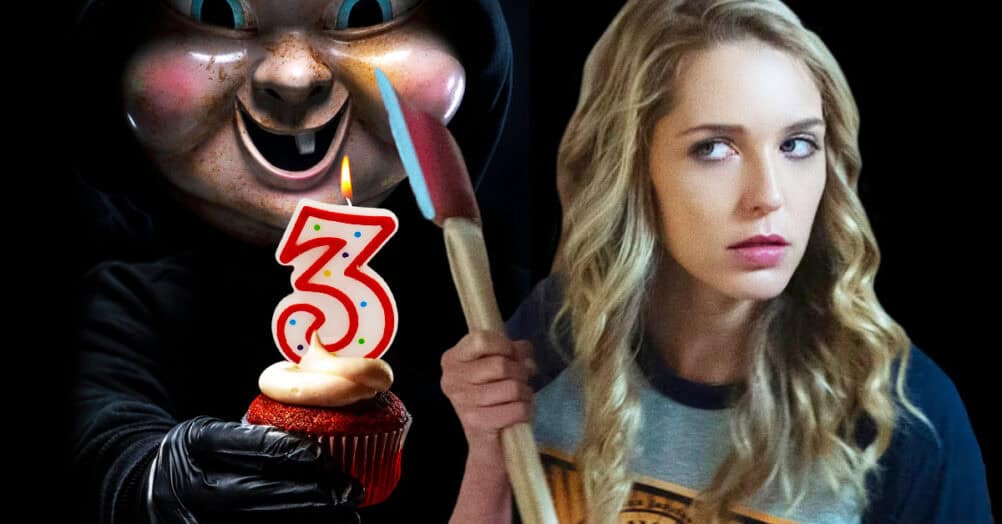
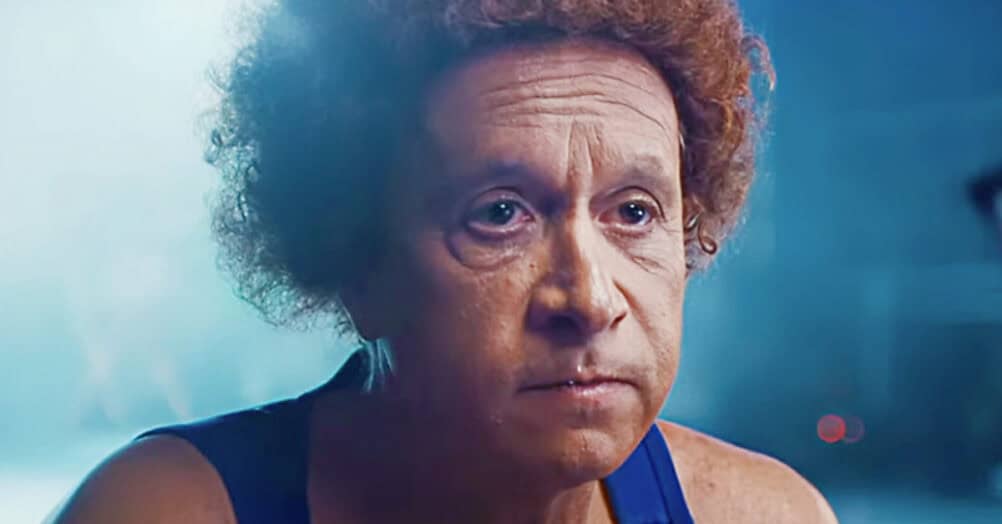
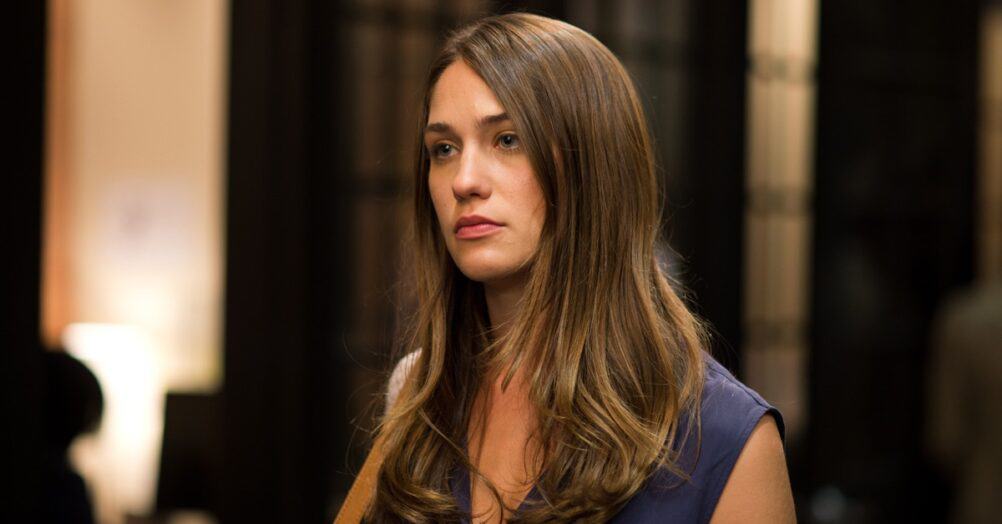
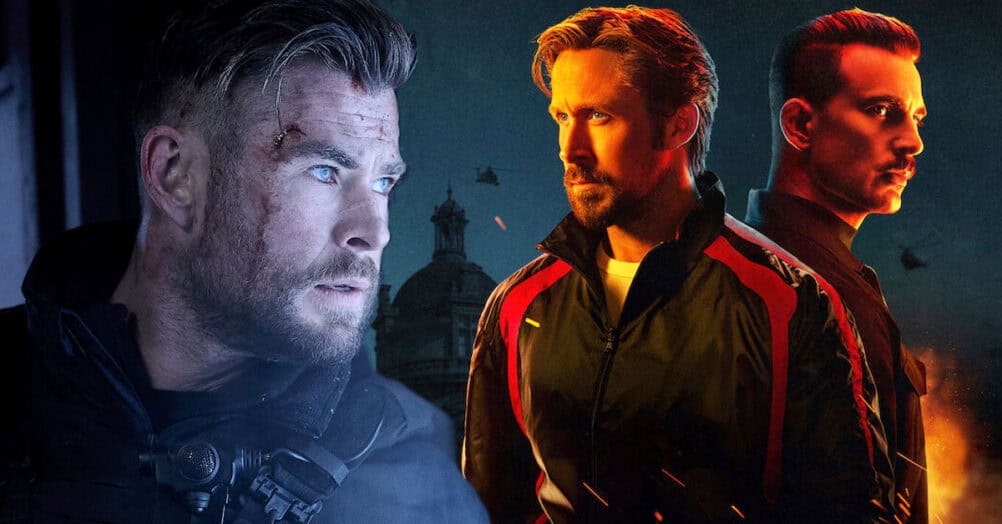
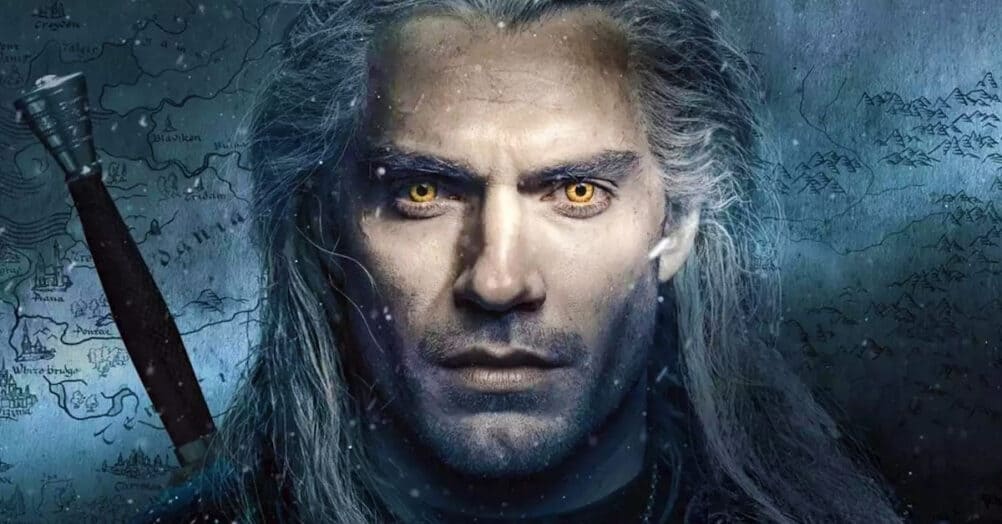
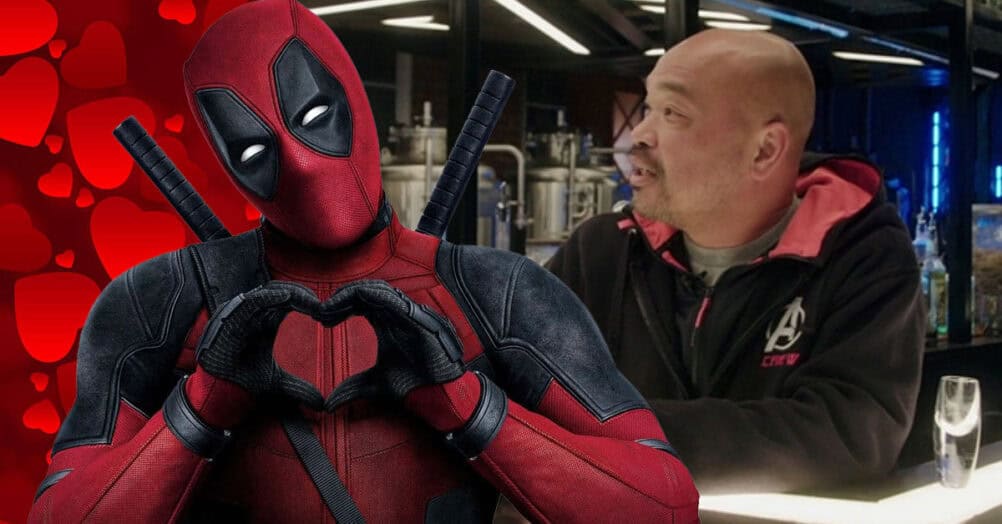
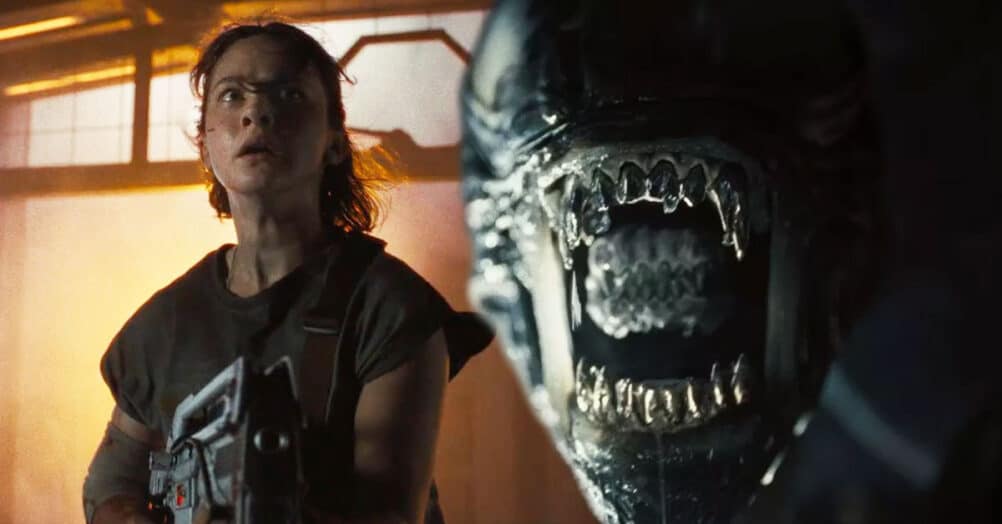
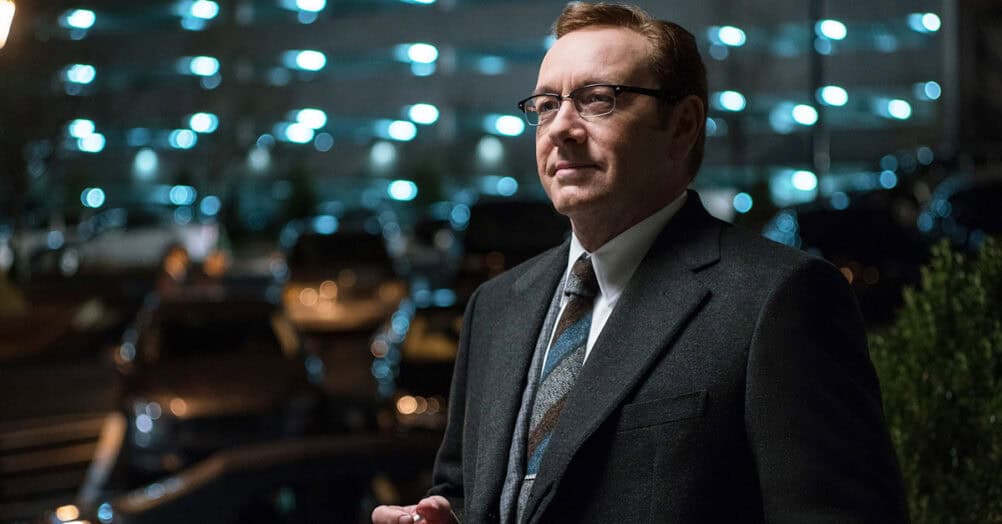
Follow the JOBLO MOVIE NETWORK
Follow us on YOUTUBE
Follow ARROW IN THE HEAD
Follow AITH on YOUTUBE